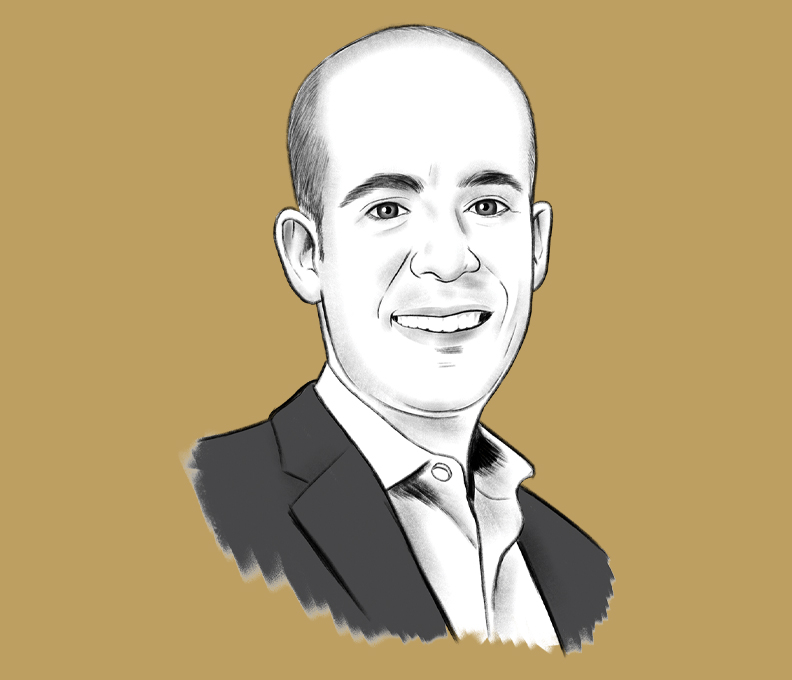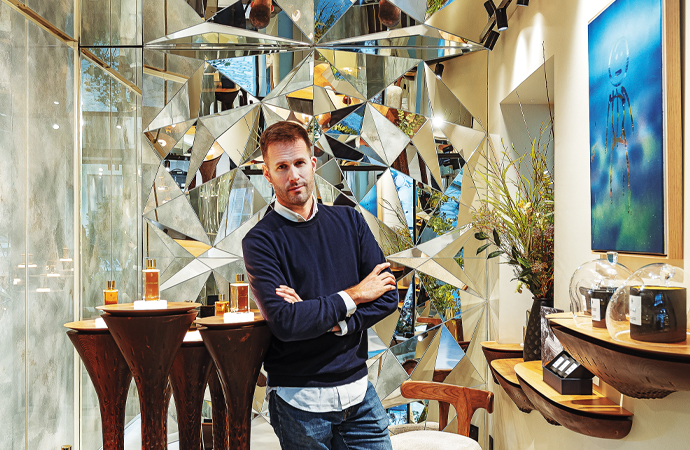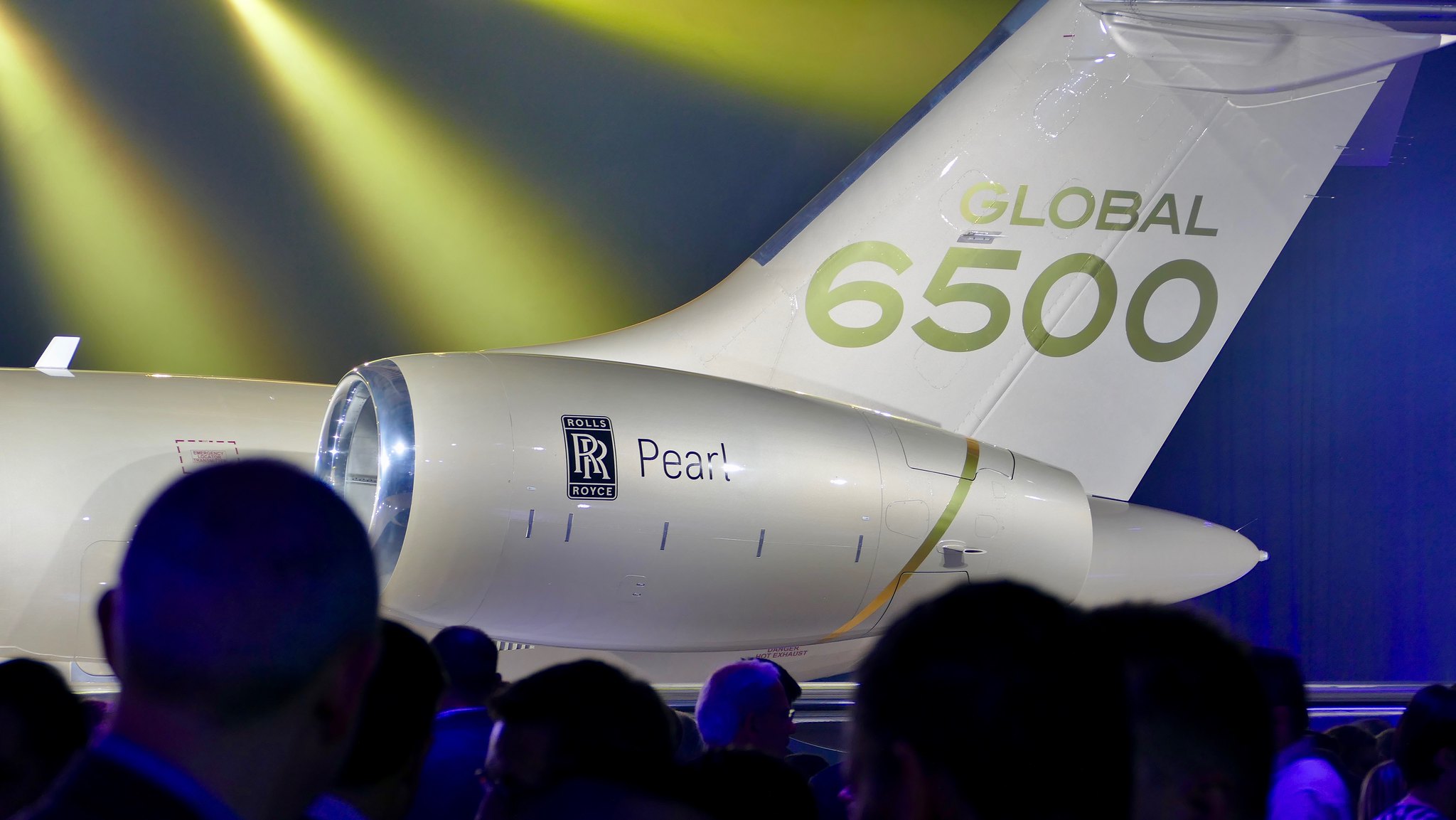Organizations Need to Change to Attract Millennial and Gen Z Leaders
These young professionals are now, collectively, the largest group—and increasingly impacting the workplace and business travel
July 5, 2023

Illustration: Joel Kimmel
Look left, then right, both at the office and on your next flight, and you may notice the changing shape of today’s workforce. Millennial (Gen Y) and Gen Z professionals (born between 1981 and 1996 and 1997 and 2012, respectively) are now, collectively, the largest group—and increasingly impacting the workplace and business travel. They are far more focused on life-work balance, career growth and personal development (not to mention the flexibility to travel and work from anywhere) than their predecessors. These individuals learn, work and consume information in vastly different fashions than previous generations, which also begs the question: How can you better attract and retain tomorrow’s leaders—let alone effectively communicate with, engage and inspire them?
Millennials and Gen Zers clearly prize more flexibility in their job roles and how they perform their work. In fact, work-life balance and opportunities for learning and development are now the top priorities for them when evaluating new positions and employers, CNBC reports. Many say the desire to travel is a top reason to work in the first place, and more than two-thirds want to work remotely, per the Axios Harris Poll 100. Three years after the world suddenly pivoted to flexwork (flexible working arrangements), and the Great Resignation began in earnest, employees’ priorities, career goals and even their basic working rhythms have fundamentally shifted. This means that employers hoping to attract and keep younger generations will have to adopt more elastic and employee-centric working models going forward.
As we point out in the new workforce training game The Future Is Yours, redesigning your organization’s operating setup, HR policies and business strategy to better support young leaders’ new working models and operating habits will only become more important. At the same time, it’s vital to note that younger workers are experiencing greater anxiety and being pulled in more directions than ever as the pace of business changes and disruption continues to accelerate. With employees feeling the pressures of global uncertainty and market volatility so acutely, it’s critical for businesses to institute more adaptable policies and programs that can help them better combat stress and burnout. This not only requires employers to put in place more employee-friendly working arrangements and more personalized benefits and incentives programs designed to better support the needs of the specific individual. It also means having to pay closer attention to the health and culture of working environments and promote more diverse and inclusive workspaces, all of which now play a huge role in shaping employees’ outlook, motivation and mental health.
Put simply, younger generations want to feel a greater sense of belonging and personal growth from the work they perform—and enjoy more pronounced opportunities to contribute to their organization, industry and community. As the most diverse and well-educated generations in history, young professionals want to work for employers whose mission goals and values closely align with theirs and provide them with more chances to progress and grow in their careers. True, money still matters to tomorrow’s leaders, especially in topsy-turvy times like these. But more important to Gens Y and Z than higher salaries and other financial incentives is finding meaning in their work and experiencing the sense of belonging that comes with being part of a positive workplace culture.
Call it practical idealism. Younger generations clearly want more control over their career destinies and to feel more recognized and that their contributions matter. As digital natives who were raised on video games and downloadable apps, they often demand more interactivity, immediacy and positive feedback at every turn. Young professionals are increasingly looking for more help, insight and mentorship, as well. So if you want to recruit and retain top talent, it’s important to prioritize employee experience and professional development as part of your overall corporate culture.
The bottom line: Younger generations are more motivated by organizational missions, chances for individual recognition, and opportunities to do good in their industry or community than pay and financial perks. They also prefer to do business on their terms—and companies that offer more flexible roles and working environments clearly enjoy a marked advantage. Beyond this, it’s also important for organizations hoping to recruit and retain young leaders to invest in more organizational development activities, mental-health support systems and solutions that provide better ways to build a shared sense of community.
Changes that any organization hoping to attract and keep Gen Y or Z leaders should encompass not only changes to talent and workforce management strategies. These initiatives should also take into account how HR policies and programs need to change to remain competitive. It’s clear that “the way things have always been done” is no longer the best way to be doing them, especially as workforce priorities and motivations continue to shift and younger generations have become wise to this fact. Businesses hoping to better connect and communicate with young leaders—let alone recruit and retain them in growing numbers—shouldn’t only consider new working models and methods. They should also reconsider how to fundamentally empower and engage these employees.
Award-winning professional speaker, management consultant and trends expert Scott Steinberg has served as an adviser to more than 1,500 leading brands. He is the creator of The Future Is Yours, a new board game that can teach anyone to be more creative, innovative and resilient. His website is futuristsspeakers.com.




